

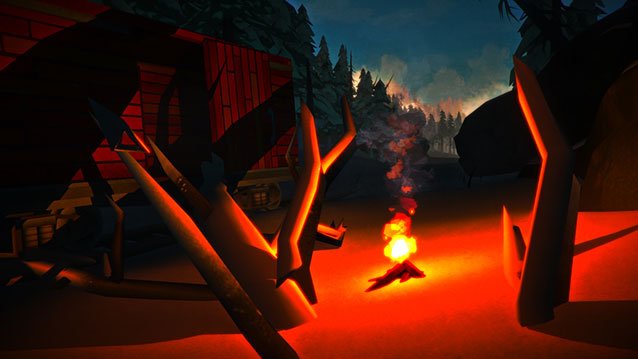
Currently available in Early Access on Steam, The Long Dark is an upcoming exploration game that strips the element of survival down to its basest and most instinctual form. Players are challenged to brave the danger of the fierce Canadian winter while carefully balancing their need for warmth, calories, and medical attention.
I’ve been playing the Sandbox mode of The Long Dark for the past few weeks, and have had mixed feelings on it so far. The breathtaking setting is streaked with an accompanying sense of panic that can be a bit too real for a mountain girl such as myself. But in this new direction emerges support for an independent survival genre, one that no longer relies on combat to prop up or pad out the title. Edging us closer to that reality is Hinterland Designer-in-Residence Ken Rolston.
Tell us a bit about your background prior to The Long Dark.
I got my start as a tabletop RPG designer for WFRP, D&D, RuneQuest, and many others. My great work was Paranoia, a dystopian roleplaying in humorously totalitarian future, a classic of ironic, lurid, exuberantly unplayable roleplaying. I then moved onto video game designing as a lead designer for Morrowind and Oblivion, light classics of the Elder Scrolls open-world, vast narrative time-waster series.
Following that I became the visionary of record for Kingdoms of Amalur: Reckoning, an obscure classic vast narrative RPG with Genuinely Awesome Action Fantasy Combat. And currently I am a High Plains Drifter and Mercenary Video Game Visionary, translation: art-time video game design consultant and full time loafer and hyper game fan, working now for both Turbine/Warner Brothers (as Visionary) and Hinterland Games (as Game-Designer-in-Residence).
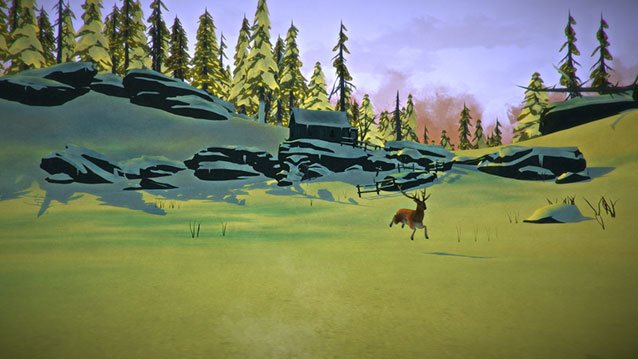
What drew you to the project and the studio?
[Hinterland founder and creative director] Raphael van Lierop, initially. I got to know Raphael van Lierop by following his work while I was part of the late, lamented THQ. He showed the early pitch of The Long Dark (before it had its name) to me in very early drafts, and I loved and admired it instantly. The setting was a big draw. Coincidentally, in college, I had read and admired 'Survival', a book on themes of Canadian literature written by Canadian Booker-Prize-winning author. And I also loved that Raphael was trying to make a game with a distinctively Canadian voice.
I have long admired Canada's public funding support for the arts... in particular, the stellar National Film Board of Canada, whose vast and brilliant catalog of short films I had used exhaustively when teaching film in high school. For some reason, Canadians uniquely understand that, if they want art in their entertainment, they have to provide public funds to support it. (It is no coincidence that The Long Dark looks and feels like art when compared to most video games. Just saying.)
I looked at the team that Raphael had assembled, and the exceptional distributed work process he had created. Wow, dude. The Utopia of Indie Game Studios.
What’s a day in the life like working with an indie studio like Hinterland?
Well, I play The Long Dark. I obsess about it. I think deep, profound, visionary thoughts about it. And SOME of those thoughts I share with Hinterland. The rest I toss back in the compost pile to fertilize future demented ravings. Is it fun? Is it rewarding? Yes. Very, very much. (I am using a technique here called 'understatement'. When I am Very Very Very Happy and Excited, I struggle to sound calm and sensible. I am ridiculously happy and excited. But there is so much hype in our trade that I get a little creeped out by it.)
At what point in the development process did you join Hinterland? How far along was the game?
I was involved as a friend and adviser in early stages, reading and commenting on rough drafts, but now, as I become officially involved, the game is already fully formed. Those guys have done all the hard work of turning a great concept into a living vision... and evolving, coherent experience. I feel very lucky to have been invited in in the late stages. I just hope I can reward their interest in my help with clever insights, cheap tricks, and easily-implemented artistic flourishes. And tiny glimmers of juicy fun.
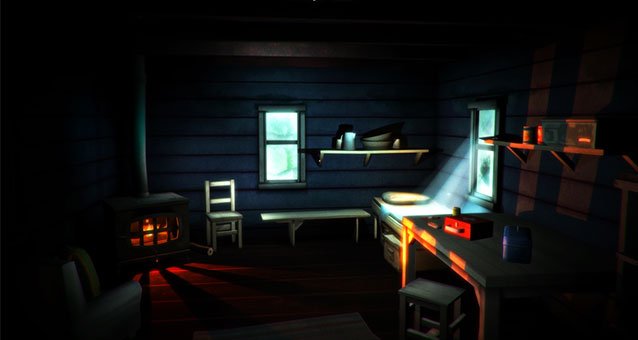
Given your pedigree with triple-A development in titles like Morrowind and Oblivion, what did you find challenging about switching to indie development? What do you like about indie development versus the triple-A scene?
AAA development comes with a terrible cost. The games must be primarily designed to make Boatloads of Money. They have to be entertaining, and have to satisfy their audiences. But it feels like AAA games today are like commercial broadcast TV before HBO and other cable shows went Off the Reservation. Entertaining and comfortable for a broad mass of users, but rarely exciting or surprising. I have been lucky to always have worked on AAA games that I loved, with people who loved games, for people who loved games. But making money just doesn't excite my imagination. Or stimulate my art tropism.
Indie games must run lean and take big risks for the developers. It is not a secure, comfortable middle-class life for developers. (I have a secure, comfortable middle-class life, by the way, and I love it. But I got there by middle-class thrift, Puritan hard work, with a foundation early career as a high school teacher.) Indie games can be interesting and challenging in ways that AAA rarely are. (Okay, fine. The Elder Scrolls and Reckoning are plenty interesting and challenging. But I tell you... I've been very lucky to work on those. While there are lots and lots and lots of AAA video games, and lots of other types of hugely profitable video games, that don't interest me in the slightest. And lots and lots and lots of Really Smart, Talented Guys work on those games.) So working as I have on wonderful AAA games has been a rapturous form of awesomeness. But working on indie games like The Long Dark is a completely different and rapturous form of awesomeness.
Have any of the skills you acquired during the development of the Elder Scrolls series and Kingdoms of Amalur: Reckoning overlapped with the creation of The Long Dark? What are the design challenges in creating a game focused heavily on exploration rather than combat?
Great question. And one I couldn't begin to address in a short essay. But try this. Roleplaying games have four primary elements: Achievement, Combat, Narrative, and Exploration. My favorite element of roleplaying games has always been exploration. And I've always known that exploration had to be the foundation of a great RPG. So I have always designed the Elder Scrolls games and Reckoning as though they were exploration games. I imagined them in my head as designed for an RPG character class called 'Pilgrim'.
A 'Pilgrim' is not like a Axe-Murdering Fighter, or a Fireball-Roasting Sorcerer, or a Back-Stabbing Thief. A Pilgrim wants to go Everywhere in the World, See Everything, and Manage Not To Die in the process. A Pilgrim is a Tourist who spends a lot of time fleeing in terror and fighting desperately, inexpertly, to stay alive. That is what I am looking for, and finding, in The Long Dark--a fascinating, beautiful world to explore, while desperately trying not to be become a world-conqueror or warlord. but to be Not Dead Yet.

Hinterland has compared The Long Dark to Fallout, noting the post apocalyptic and exploration aspects as familiar to fans of the series. Are you personally a fan of Fallout?
The Long Dark does share some setting and thematic features with Fallout 3. But Fallout 3 is a conventional RPG. You explore the world, murdering and killing things, looting their bodies, and attempting to make yourself the most powerful Engine of Slaughter in the Whole Universe. I TOTALLY love that. I love Fallout 3. But what I love MOST about Fallout 3, what I remember most... is exploring the map, looking for Deathclaws. Who scared the ever-loving shit out of me. I spent hours and hours preparing before I engaged, and I always had a Plan B... which always involved Running Like a Little Girl... whenever things started to Go South. Which they always did. That is my most meaningful, deeply-motivated, self-assigned objective in Fallout 3 was to explore the world and kill Deathclaws. So I was really playing Fallout 3 like a survival game. And LOVING it. Just talking about it wants to make me go play it again.
The Long Dark is a distinctive, original genre of exploration survival FPS, particularly in the Sandbox mode currently available in Early Access on Steam. It is a roleplaying game without combat, achievement, or narrative. All exploration, all the time. And... of course... featuring lots of trying not to die. To be honest, I am not trying very hard not to die right now. I'll save that for later gameplay. Not dying, and not dying consistently, with elan and grace, will be my Elder Game for The Long Dark.
Personally, I'm still in my earliest, and most cherished, gameplay phase for The Long Dark. I am wandering around, looking at things, trying to figure out what they mean, and how they work, while trying not to kill myself by neglect or imprudent curiosity. I am listening with a sort of detached indifference to the cold-wracked suffering of my female avatar. She's FREEZING! Poor dear. Me? I'm having a wonderful time wandering around, looking at things, looking for mysteries and puzzles, watching wolves and deer and their behavior with EXTREME caution, and figuring out how freezing to death works. By the empirical method.
* * *
The Long Dark is currently in Early Access on Steam and is available for $19.99.
This interview with Ken Rolston was conducted by Holly Green on September 22, 2014 via email. It may not be reposted in its entirety without permission.
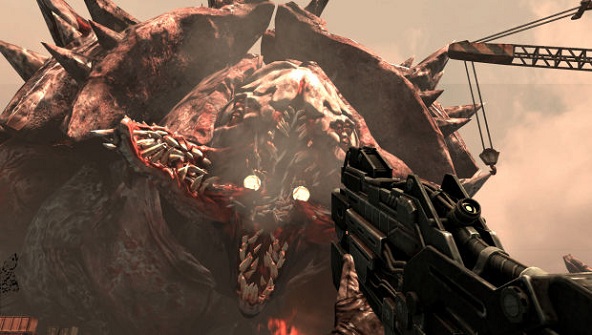
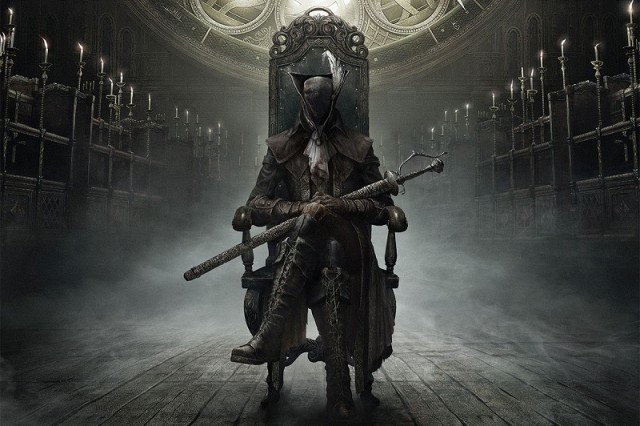
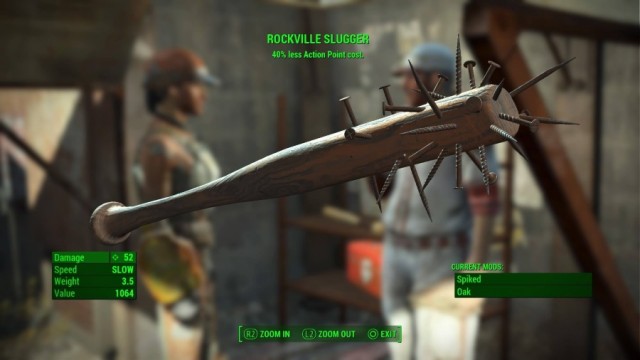
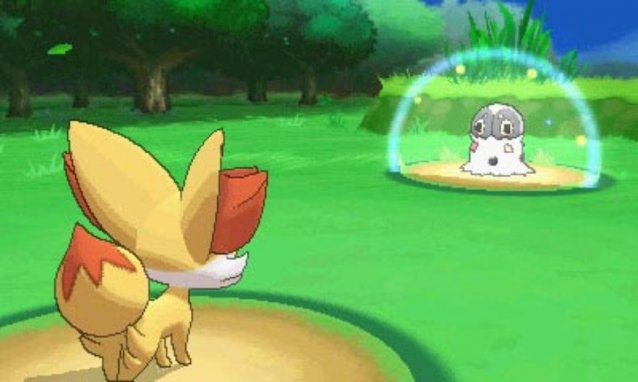
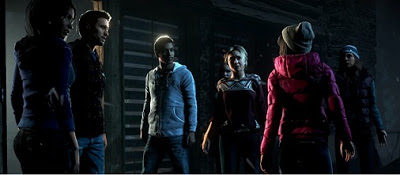 Until Dawn (PS4) - All Collectible Locations guide
Until Dawn (PS4) - All Collectible Locations guide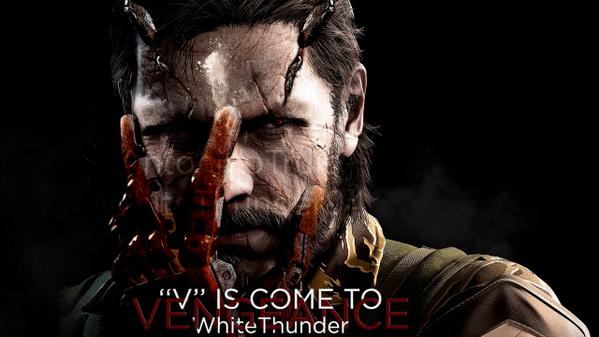 Metal Gear Solid V The Phantom Pain: How to Find the Specialist Locations
Metal Gear Solid V The Phantom Pain: How to Find the Specialist Locations How to find GTA V Baseball Bats and Crowbars, Melee Weapons Location Guide
How to find GTA V Baseball Bats and Crowbars, Melee Weapons Location Guide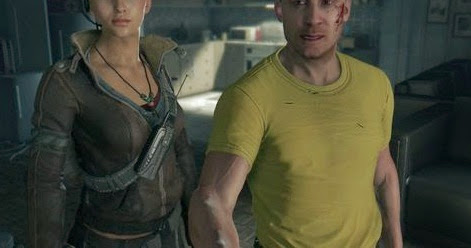 Dying Light (Xbox One) tricks
Dying Light (Xbox One) tricks ARK Survival Evolved: How To Tame And Ride A T-Rex
ARK Survival Evolved: How To Tame And Ride A T-Rex